Why Does My Dog Lick Me So Much? The Surprising Reasons Behind Your Dog's Kisses
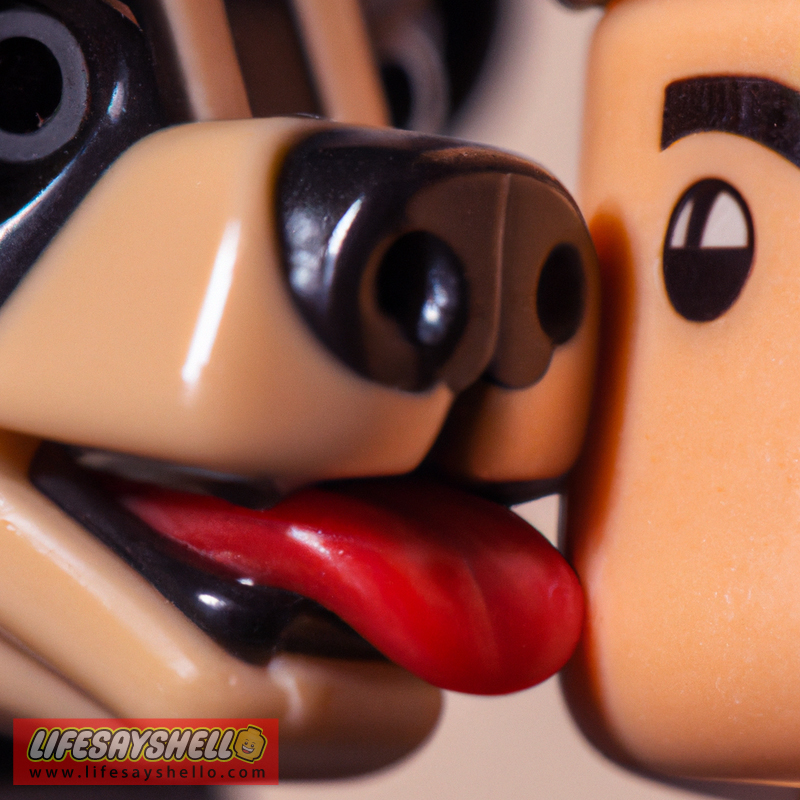
Have you ever wondered why dogs lick us so much? As owners, most of us have experienced the wet, sloppy kisses of our furry companions. While this behavior may seem like just an expression of love, there are actually several fascinating reasons behind why dogs lick and kiss their owners.
In this article, we'll explore the science-backed explanations for why dogs lick, signs that your dog's licking may be excessive, and how to reduce too much licking. Get ready for some seriously surprising info about why your pup lavishes you with so many licks!
Why Do Dogs Lick Their Owners?
Let's start by understanding the main reasons dogs lick and kiss their human pack members. Scientists have identified several key motivations behind this common canine behavior.
Showing Affection and Bonding
One of the most common reasons dogs lick is to express affection. Through licking, dogs are communicating their love for you!
Licking triggers the release of feel-good hormones in both you and your dog. For your pup, the act of licking you causes a release of endorphins and oxytocin, which are hormones associated with pleasure and bonding.
As puppies, dogs learned to lick their mothers' mouths to encourage regurgitation of food. The same feel-good hormones were released when their mothers licked them back. So licking is a deeply ingrained social behavior for dogs that mimics their early maternal bonds.
Seeking Your Attention
Dogs also lick as a way to get your attention and interact with you. Dogs who lick frequently are often seeking more engagement with their owners.
Licking can also signal anxiety. Dogs may lick you excessively when you return home or during stressful situations like vet visits. It's a self-soothing behavior that also elicits a response from you.
You Simply Taste Good!
Dogs also lick because humans taste good to them! Our skin is loaded with sweat glands, which release salty secretions that your dog finds tasty. Areas where we sweat the most, like our faces and feet, are common targets for doggie kisses.
You also have billions of bacteria naturally living on your skin. While the mix of bacteria is unique to each person, dogs can detect these subtle differences. Your natural skin microbiome probably provides an intriguing flavor for your curious canine.
Grooming and Cleanliness
Licking serves an important self-grooming function for dogs. Through licking their coats, dogs keep themselves clean. This instinct extends to their human pack members as well.
Your dog may lick your hands, face, and feet in an effort to clean you too. While well-intentioned, human skin is delicate and too much licking can cause irritation.
Communication
Finally, licking communicates important social cues between dogs and their owners. Licking is a submissive behavior. Dogs may lick your mouth, face, and hands as a sign of appeasement or submission, especially during times of anxiety.
Excessive licking can also signal stress, nervousness, or even nausea in some cases. Pay attention to the context of when your dog licks to understand what they may be trying to communicate.
When Is Dog Licking Excessive?
Now that we've explored the psychology behind why dogs lick, how do you know if your dog's licking behavior is normal or excessive? There are a few key signs that your pup's licking has crossed over into problematic territory.
Hair Loss and Skin Damage
Frequent licking in the same spot can cause hair loss, bald patches, and damage to your dog's skin. The enzymes in dog saliva can irritate the skin, leading to rashes, redness, and even infection over time.
Discomfort and Pain
Obsessive licking is often accompanied by signs of distress like whimpering, groaning, and agitation. Your dog may even snap or bite if you try to interrupt constant licking. This can indicate pain or neurological.
Interrupting Normal Activities
Dogs who suddenly stop playing, sleeping, or eating in order to lick likely have an unhealthy compulsion. The same is true if your dog licks themselves raw to the point of drawing blood. These are signs that licking has become an obsessive disorder.
If you notice any of these symptoms, it's important to talk to your veterinarian. Excessive licking may point to an underlying health, behavior, or environmental issue that needs attention.
How To Reduce Excessive Licking
If your vet determines your dog's excessive licking stems from behavior, not health problems, there are several ways you can help reduce their obsessive kissing and licking:
Remove Attention
Dogs lick partly to get attention from their owners. When your dog licks you excessively, withdraw all attention. Turn away and avoid eye contact. Withhold praise or affection. This teaches your dog that licking no longer results in positive attention.
Distract With Toys
Redirect your dog's licking compulsion by offering appropriate alternatives to occupy their mouth. Food puzzle toys, stuffed Kongs, raw bones, and chew toys can satisfy your dog's natural chewing instincts. Rotate through different toys to keep them novel and exciting.
Increase Exercise
Exercise and mental stimulation help reduce stress, anxiety, and boredom - all factors that can trigger obsessive licking behaviors. Make sure your dog gets adequate activity through walks, play time, and interactive toys daily.
Interrupt and Redirect
When you notice your dog licking compulsively, interrupt the behavior with a simple verbal cue like "enough" or "stop". Immediately redirect their attention to a more positive activity like a game of fetch, a training session, or a food puzzle toy. This helps break the obsessive licking habit.
Reward Good Behavior
When your dog is calmly resting or engaging in a desired activity, reward them with praise, pets, and treats. This positive reinforcement helps reinforce activities that preclude obsessive licking. With time, the excessive licking will diminish.
Consult a Professional
For chronic excessive lickers, consult your veterinarian about anti-anxiety medications or supplements that can help. A certified dog trainer or behaviorist can also design a customized training plan to curb obsessive licking. Don't hesitate to seek professional help if you're unable to reduce the behavior on your own.
The Takeaway on Dog Licking
While slobbery dog kisses may seem endless at times, licking is natural dog behavior with roots in bonding, affection, taste, and communication. However, excessive licking can damage a dog's skin and signal underlying issues.
Monitor your dog's licking habits and watch for signs of obsessive behavior. With patience and consistent training, you can curb excessive licking. Remember that your dog's kisses are a sign of their unconditional love. So pucker up and enjoy the occasional doggie smooch!
Just be sure to wash your face afterwards - dog saliva can transmit bacteria to humans. And never let a dog lick open wounds or your mouth, eyes, and nose, where bacteria can enter the body.
With some common sense precautions, you can relish those sweet puppy kisses while keeping both you and your pooch happy and healthy!
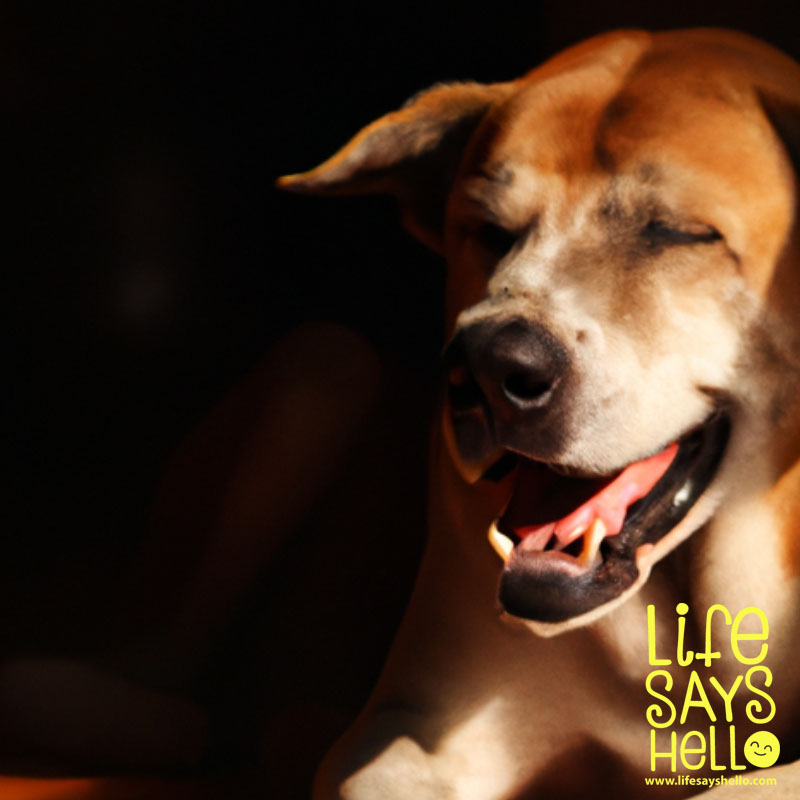
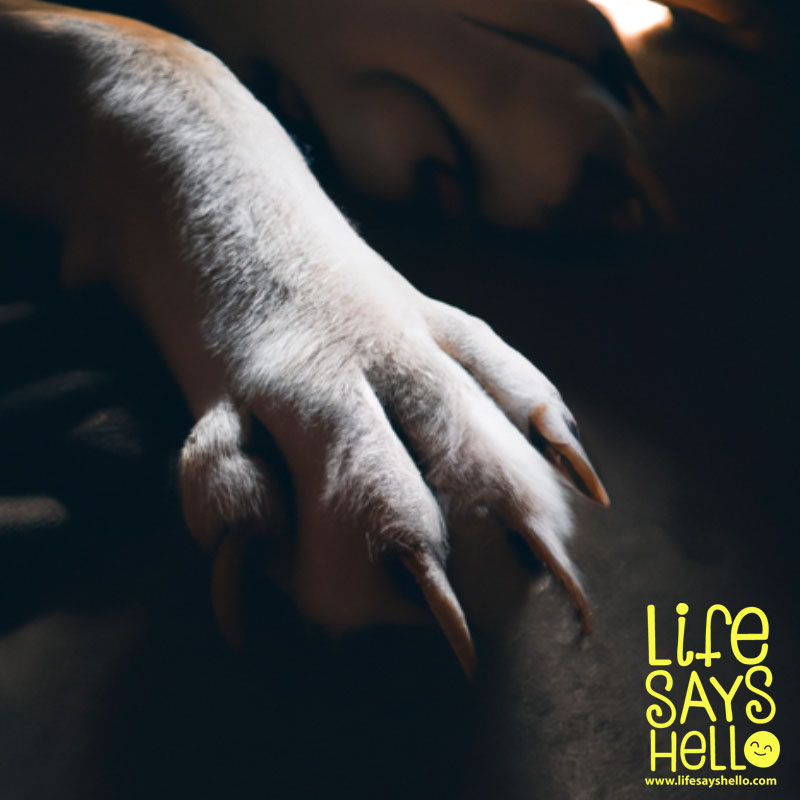
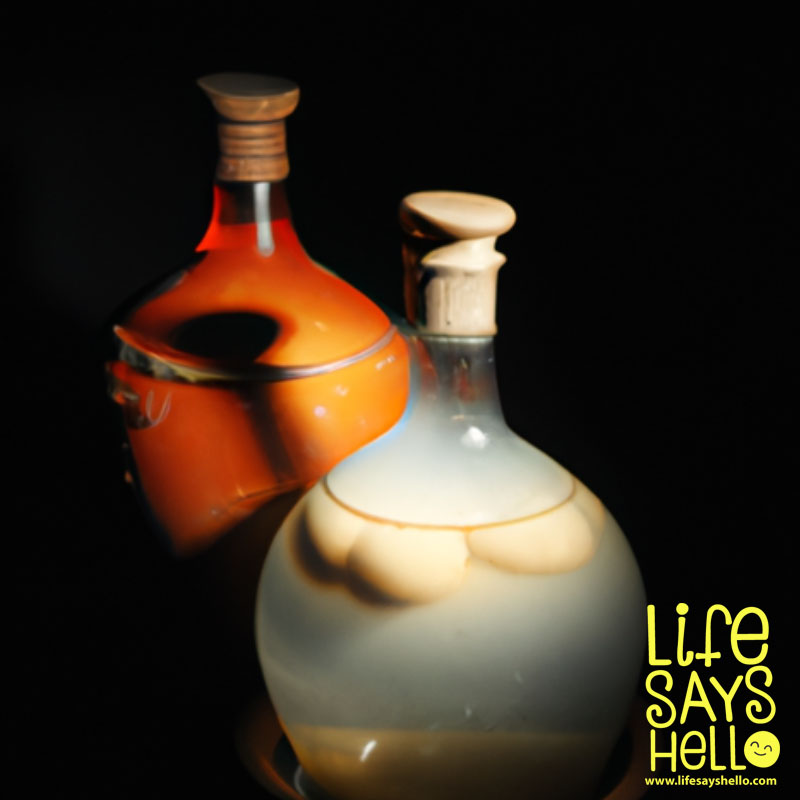
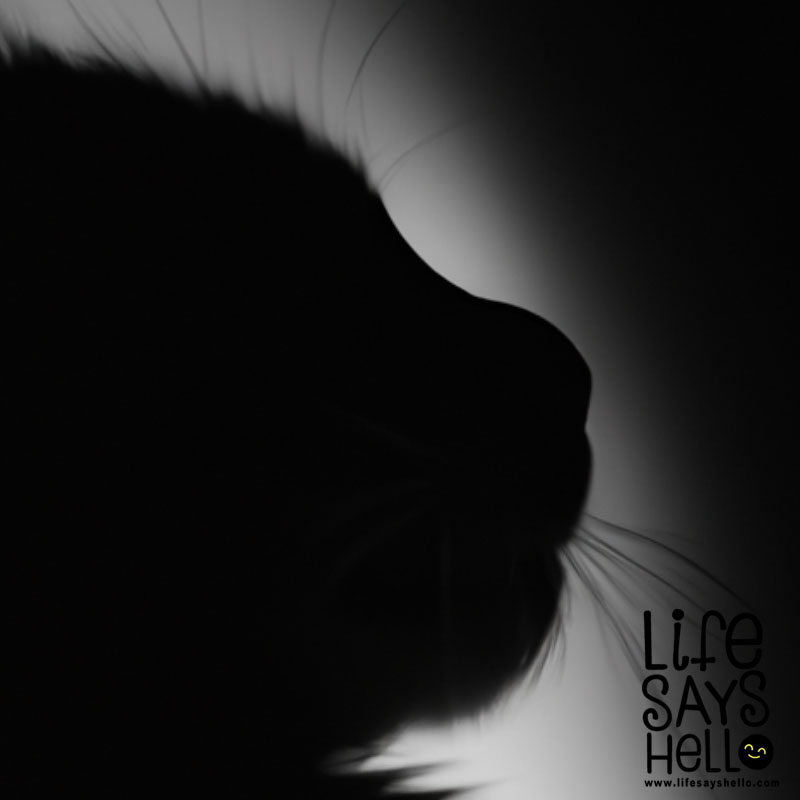
Comments